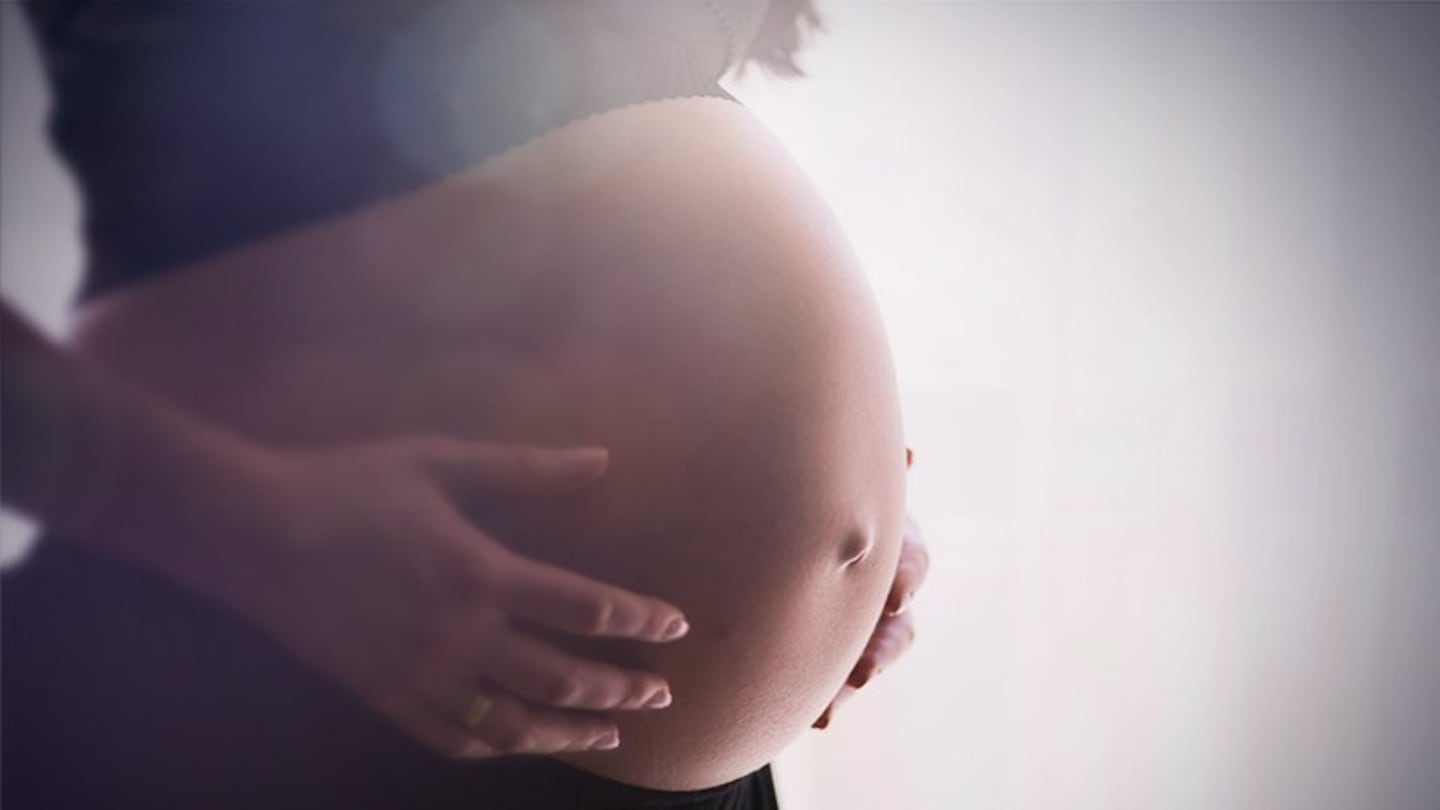A $5m research project will see an iwi-led maternity hub established in what Professor Bev Lawton says will be an exciting journey.
Lawton (Ngāti Porou) and Te Tātai Hauora o Hine - The National Centre for Women's Health Research Aotearoa - will work with Ngāti Toa Rangatira to develop the five-year programme that will have Ngāti Toa Rangatira provide maternity services in its rohe.
"We really find it's really hard to go from one area to another for your services, even 25km one way to Capital Coast's main hospital is a long way. And you're going somewhere where you don't have the people you know, or the tikanga you're used to."
She says if the iwi controlled the hub, specialists can be arranged to come to Porirua, the best care can be provided for whānau, including tikanga-based care, "and your whānau - [could have] more than one! That would be exciting."
"Ngāti Toa will implement that. It will be in the background of what it likes, whatever's in the room will be its. The tikanga will be the iwi's, it will have its own advice and it will develop it."
As part of the programme, Lawton says a wrap-around service for the wider whānau, not just the expectant mother and the newborn child, will be created.
"So they'll walk in the door, and they might have other children that might need other things. It's all about their needs.
"They don't stay around if they're not comfortable. We need to have the right environment and we need the best evidence-based care. This enables us to put those things together and leave the ownership with the iwi."
The research programme has been designed with Te Tātai Hauora o Hine, Te Herenga Waka - Victoria University and the now-defunct Capital and Coast DHB to assist Ngāti Toa Rangatira to deliver.
We'll walk beside them. They [Ngāti Toa] will have clinics, specialists come every week. They'll have scanning and CTG and various other things that will happen in their clinics and it will be great.
We'll have neo-natal specialists. So you see, quite often you have to leave the hospital within half an hour of having a baby. There will be choices, and they will be choices that are free."
Lawton says the research will help provide valuable understanding of the maternity service sector, and assist in re-shaping the system to benefit mothers and whānau.
"How can we have and be in control of our outcomes, and have equitable outcomes? Why are for instance are more Pākehā able to live with their babies than Māori and Pacific? How can we make a better system so that our babies live more and are less harmed. So that's part of it, and I think being in control of the system is one of the answers?"
She says the tyranny of distance has for too long put mothers at risk and hopes the research will create new ways of getting maternity services to whānau wherever they are.
"If you look at places like Wairoa, it's a 240km round trip to get a scan. It doesn't make a lot of sense. So, if you take the scanning to where the people are, that sounds like a good idea. It's going to be a journey in the next five years, and we're going to look at it."

